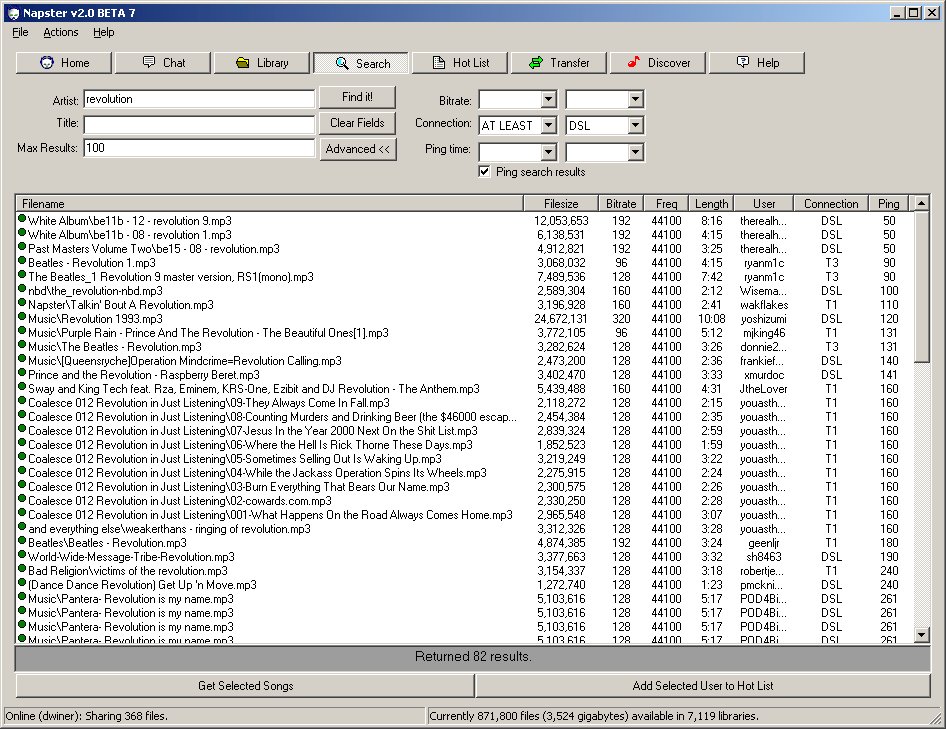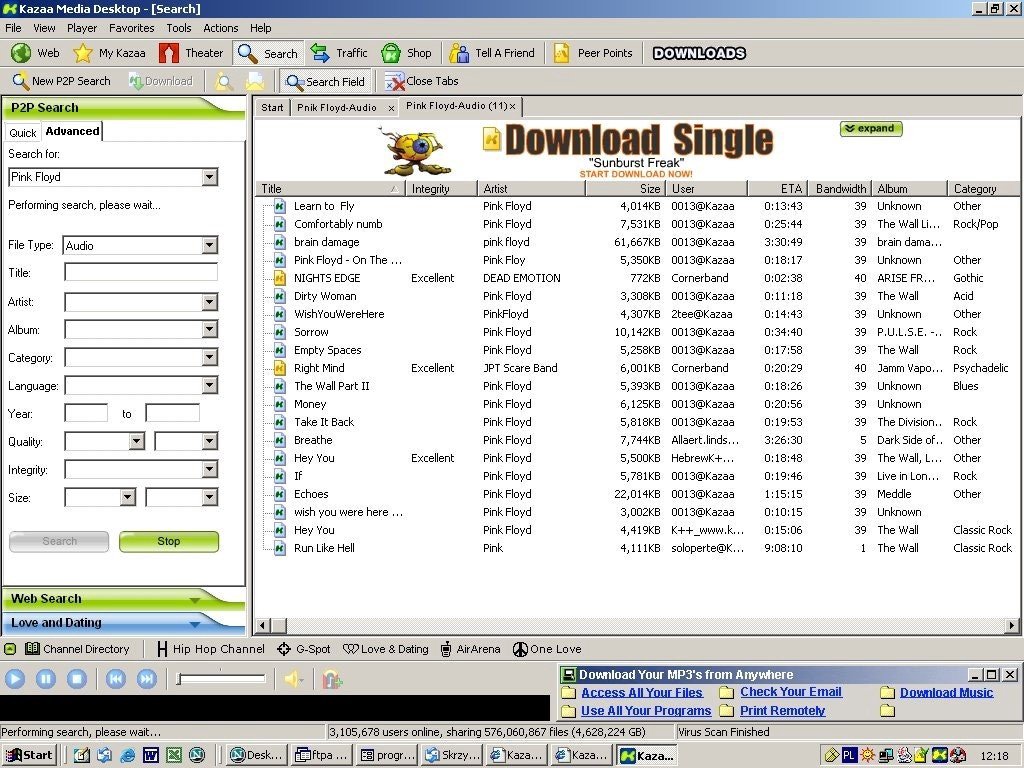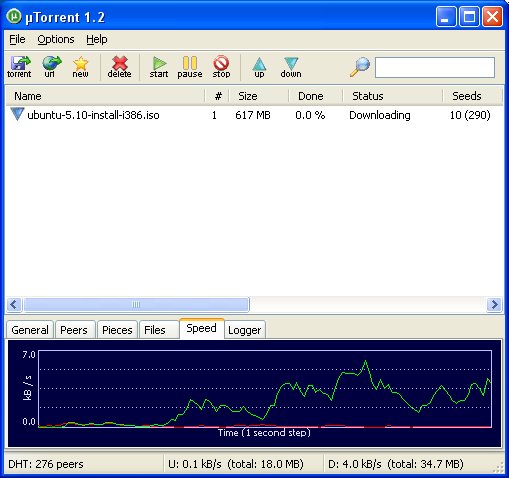Let's reframe private trackers in economic terms and tune the system!
Thread 👇
• File price = upload credits it costs to download
• Resale value = upload credits the user can expect to earn by seeding
Both variables strongly influence how users consume content on private trackers
Bandwidth supply > content demand, but download prices can't change!
At the least, the price of downloading files should fall with age (like real life).
Trackers are markets. Each torrent is a distinct good. Instantaneous spot pricing should be negotiated based on content, rarity, age, and bandwidth supply
What if we move the price negotiation and credit tracking to the protocol? Well, that's a token! Here's how that might work: medium.com/@jbackus/what-…
The charts+data are from this paper: users.eecs.northwestern.edu/~hq/papers/dim…
If you don't follow me yet, I tweet regularly about crypto, decentralization, and the history of file sharing. More to come, stay tuned!












